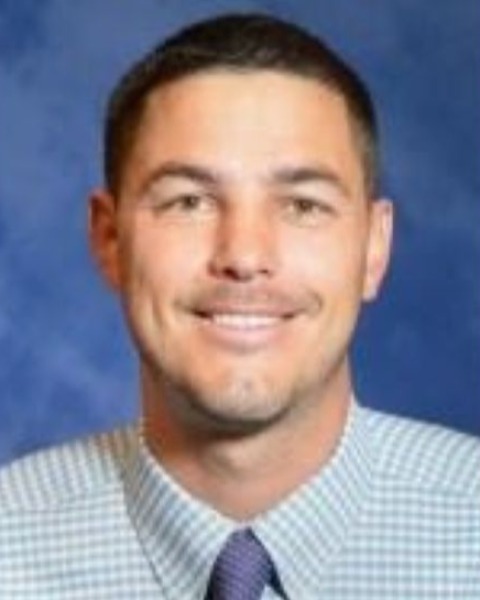Refractory Hypoglycemia in Cardiac Arrest With Elevated Cannabis Level
-

Ordessia Charran, MD
Pulmonary & Critical Care Medicine Attending Physician
n/a
Kingman, ArizonaDisclosure information not submitted.
-

John Robinson, BCCCP, PharmD
Critical Care Pharmacist
Kingman Regional Medical CenterDisclosure information not submitted.
-
TD
Tyson Dietrich, PharmD, BCIDP
Clinical Pharmacy Specialist – Infectious Diseases & Antimicrobial Stewardship
Kingman Regional Medical Center
Kingman, Arizona, United StatesDisclosure information not submitted.
First Author(s)
Co-Author(s)
Title: Refractory Hypoglycemia in Cardiac Arrest with Elevated Cannabis Level
Introduction: It is well-known that refractory hypoglycemia can lead to cardiac arrest. This case describes elevated serum carboxy-tetrahydrocannabinol (THC) level as the suspected etiology of refractory hypoglycemia.
Description: A 20-year-old male with no past medical history presented to the emergency room in cardiac arrest. In the field, pulseless electrical activity was documented so naloxone and epinephrine were administered as part of the ACLS protocol. Upon arrival, ventricular fibrillation was detected, shock was delivered, and return to spontaneous circulation was obtained. Cardiac catheterization revealed normal coronary arteries. Echocardiogram revealed normal wall motion and ejection fraction of 60%. Urine drug screen was positive for marijuana. Patient was hypoglycemic and received 50% dextrose (D50W) in the emergency department. His sister reported that he smoked cannabis the night before and she found him unresponsive on the floor the next morning. Upon arrival to the ICU, the patient had a serum glucose of 31mg/dL on a basic metabolic panel. He had refractory hypoglycemia despite multiple ampules of D50W and was started on a 10% dextrose infusion and 100mcg IV octreotide every 8 hours for about 72 hours before blood glucose levels were able to stabilize off IV dextrose. C-peptide was 7.28ng/mL (reference range 0.727-3.68ng/mL) on admission. Hemoglobin A1c was 5.5%. Urine sulfonylurea screen was negative for acetohexamide, chloropromide, tolazamide, tobutamide, glimepiride, glipizide, glyburide, nateglinide, repaglinide. Abdominal computed tomography and pancreatic magnetic resonance imaging were unremarkable with no evidence of a mass suggestive of an insulinoma. Further diagnostic testing for insulinoma was not available. Carboxy-THC level was >500.0ng/mL (cutoff 3.0ng/mL). When the patient was weaned off parenteral glucose, his repeat C-peptide was measured at 2.45ng/mL and then 0.94ng/mL on the day of discharge from the hospital.
Discussion: High carboxy-THC levels ( >500ng/mL) can lead to refractory hypoglycemia which has detrimental effects. Clinicians may consider THC as an etiology for refractory hypoglycemia in patients presenting with hypoglycemia of unknown origin and chronic cannabis consumption. Further studies are needed to describe the mechanism of cannabis use on glucose metabolism.
